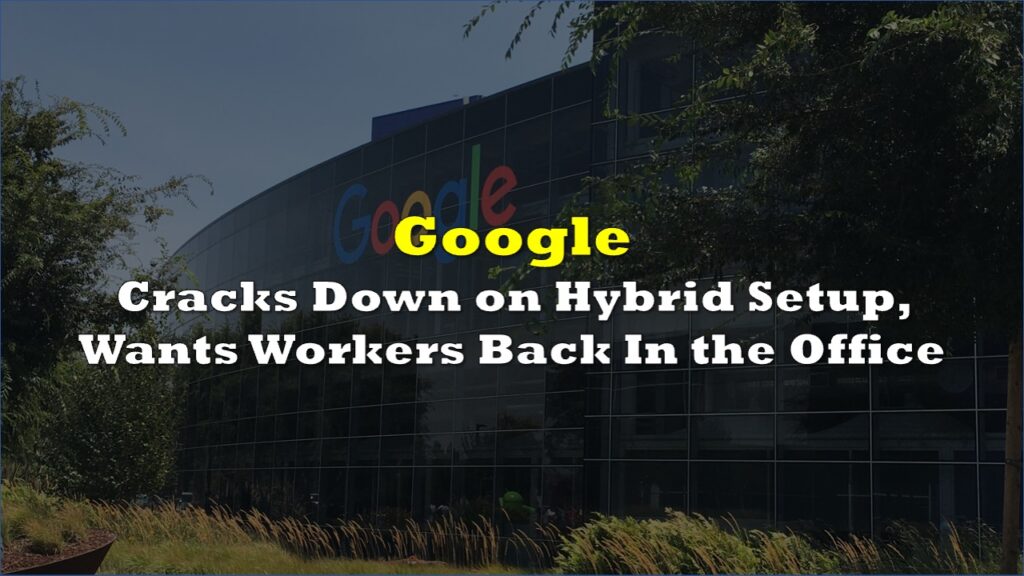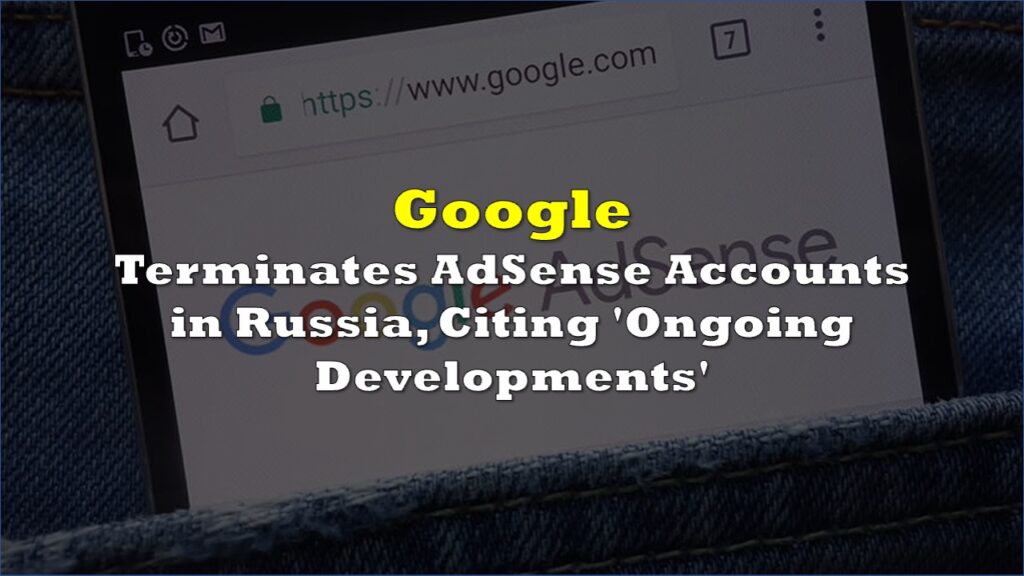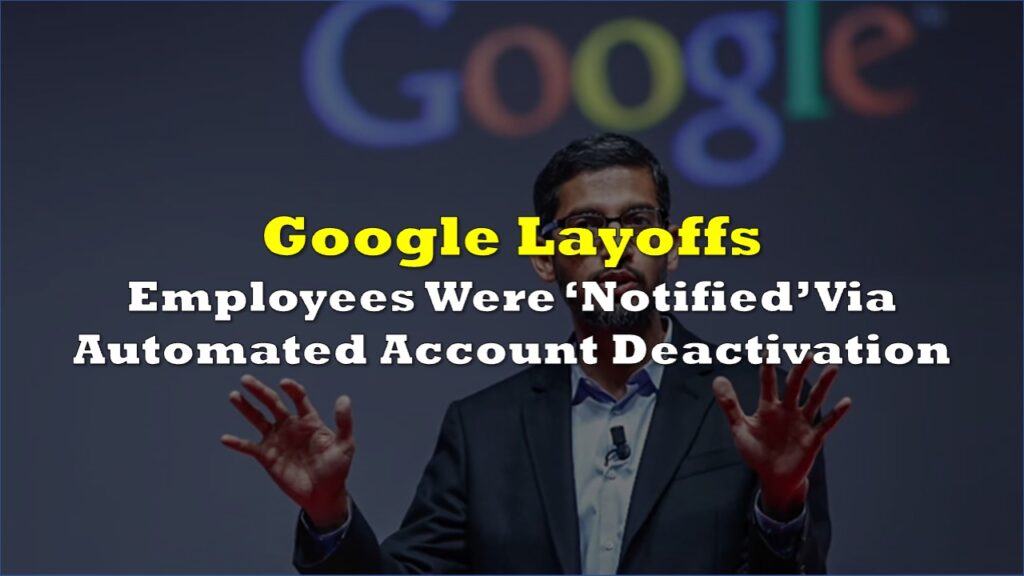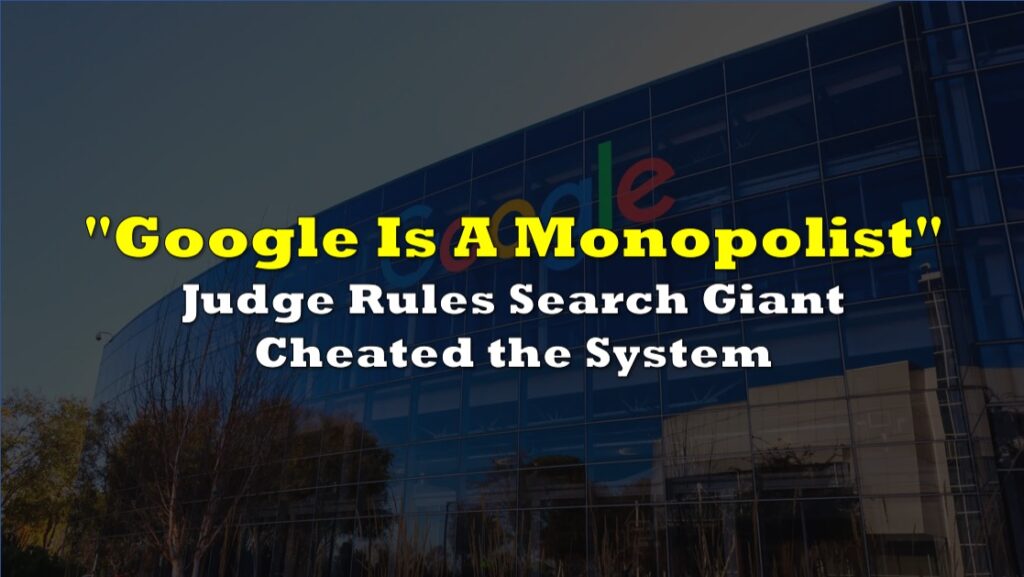Alphabet, Inc. (NASDAQ: GOOGL) reported a record-breaking third-quarter revenue of $88.3 billion, driven by continued growth in digital advertising and the rising demand for Google Cloud. The Mountain View-based technology company exceeded analysts’ expectations across key metrics, highlighting Alphabet’s steady momentum in AI and cloud investments, even as the company faces regulatory scrutiny on multiple fronts.
Analysts had projected revenue around $86.4 billion and earnings per share at $1.84. Alphabet surpassed these expectations, achieving a 15% revenue increase from the same period last year and delivering $2.12 earnings per share, significantly above the forecasted profit.
These results represent Alphabet’s highest-ever quarterly revenue, a figure that outpaces the $86.3 billion achieved in the fourth quarter of 2023. The company also posted a net income of $26.3 billion, beating estimates of $22.9 billion.
The company’s core advertising segment, comprising both search and YouTube ads, remained the dominant revenue driver, contributing $65.9 billion in the quarter, above analysts’ estimates of $65.4 billion and marking a 10% rise from last year’s $59.6 billion. YouTube, in particular, saw robust growth in both ad revenue and subscriptions, with increasing user engagement attributed to new AI-driven tools.
Google CEO Sundar Pichai noted on the earnings call that the enhanced user experience through AI-powered products has led to greater traffic on YouTube, bolstering both ad and subscription revenue.
While digital advertising remains Alphabet’s primary business, the company’s cloud computing division has grown into a powerful revenue stream, supported by investments in generative AI infrastructure. Google Cloud reported $11.4 billion in sales, up 35% from the previous year and exceeding expectations.
“This business has real momentum, and the overall opportunity is increasing as customers embrace generative AI,” Pichai remarked, underscoring that cloud services and AI are increasingly central to Alphabet’s growth strategy.
The company has also integrated AI into its search engine, enhancing user experience by offering what it calls “AI Overviews,” which deliver summarized, conversational answers to user queries. Pichai revealed that over one billion users interact with this feature monthly.
“People are asking longer and more complex questions and exploring a wider range of websites,” Pichai stated, emphasizing that the new tools allow Google to meet evolving user expectations while incorporating advertisements alongside AI-generated responses.
Investors have responded positively to Alphabet’s strong third-quarter results, with shares rising by over 5% in after-hours trading, building on a 1.7% gain during regular trading hours. Alphabet’s stock has risen 37% over the last year, although it slightly underperformed the S&P 500 index, which gained 40% over the same period. In comparison, digital advertising rival Meta Platforms (NASADQ: META) has surged by 96% over the past year, while cloud competitor Amazon (NASDAQ: AMZN) has gained 44%.
Yet, the company’s rising capital expenditures, particularly for AI and data infrastructure, are driving up operational costs. CFO Ruth Porat disclosed that Alphabet’s capital spending reached $13 billion for the quarter, a 62% increase year-over-year, with plans to maintain this level into the next quarter and further expand spending in 2025. Much of this expenditure is tied to Alphabet’s efforts to compete with other major tech players, such as Microsoft (NASDAQ: MSFT) and Amazon, in the AI-driven cloud computing landscape.
Alphabet also faces intensifying regulatory scrutiny. In September, the U.S. Department of Justice (DOJ) won a major antitrust case against Google, alleging monopolistic practices tied to the company’s Android operating system. This case could lead to far-reaching consequences, potentially involving a breakup of Alphabet’s Android and Google search businesses.
Addressing the issue during the earnings call, Pichai described the DOJ’s proposals as “far-reaching” and expressed concerns about unintended effects on innovation within the tech sector. “We plan to engage very vigorously,” Pichai assured investors, signaling Alphabet’s determination to counter the DOJ’s demands.
Beyond the DOJ case, Alphabet is dealing with several other legal challenges. Earlier this month, a federal judge ruled against Google in an antitrust lawsuit brought by Epic Games, the maker of Fortnite, resulting in a requirement that Google open its Play Store to alternative app marketplaces and permit the use of third-party in-app payment systems. Additionally, Google is currently defending itself in an advertising-related antitrust lawsuit, also filed by the DOJ, which could lead to further structural changes.
Alphabet’s growth strategy includes expansion into new markets, including autonomous vehicles. Waymo, the company’s self-driving car unit, recently announced that it had secured $5.6 billion in funding and is now providing an estimated 150,000 paid rides per day in various U.S. cities. Although Waymo does not yet contribute significantly to Alphabet’s bottom line, Pichai described the autonomous vehicle division as a promising venture with significant growth potential, citing increased deployment speeds in new cities as an indicator of future scalability.
As the first of the tech giants to report quarterly earnings this week, Alphabet’s results set a high bar for the rest of the sector. While each of these companies has benefited from the AI boom to varying degrees, the challenge of balancing rapid growth with high operational and regulatory costs looms large across the tech landscape.
Information for this story was found via The Guardian, Forbes, Yahoo Finance, The Washington Post, and the sources and companies mentioned. The author has no securities or affiliations related to the organizations discussed. Not a recommendation to buy or sell. Always do additional research and consult a professional before purchasing a security. The author holds no licenses.









